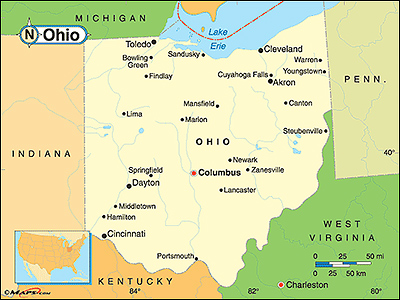By Jim Ellis

Former Georgia Sen. David Perdue (R)
Without Perdue in the 2022 race, the fight for the Republican nomination becomes a free-for-all. Earlier in the week former Sen. Kelly Loeffler (R), who lost her Jan. 5 Senate runoff election, as did Sen. Perdue, confirmed that she is considering running in 2022 in addition to forming a grassroots organization with the goal of increasing right-of-center voter registration in Georgia.
Former Rep. Doug Collins (R), who lost in the 2020 special Senate election, placing behind Sens. Warnock and Loeffler in the crowded jungle primary, also said that he is considering a new run for the Senate, or even a potential Republican nomination challenge to Gov. Brian Kemp.
Yesterday, Atlanta Journal Constitution political reporter Greg Bluestein listed several more Republicans who apparently have not yet ruled out a Senate bid next year. They are: Lt. Gov. Geoff Duncan, Attorney General Chris Carr, Agriculture Commissioner Gary Black, and former US Ambassador to Luxembourg Randy Evans.
In the Nov. 3 special jungle primary, Rev. Warnock captured the highest vote total, 1,617,035 of 4,914,361 ballots cast from within a field of 20 candidates. Sen. Loeffler placed second, 292,760 votes ahead of third place finisher Collins.
The fact that Loeffler finished substantially ahead of Collins will be one argument she will likely use to convince base voters that she is most able to defeat Sen. Warnock this time around. Collins, conversely, will contend that a Republican primary is very different than a special election in a regular voting schedule, thus suggesting that he is better positioned to win a primary nomination and develop a stronger base from which to oppose Sen. Warnock.
With Georgia changing politically, any Republican nominee is going to have a difficult time unseating Sen. Warnock but doing so is certainly within the realm of possibility. In the Jan. 5 runoff, while both Loeffler and Perdue were losing to their respective Democratic opponents, a third race was also on the ballot.





